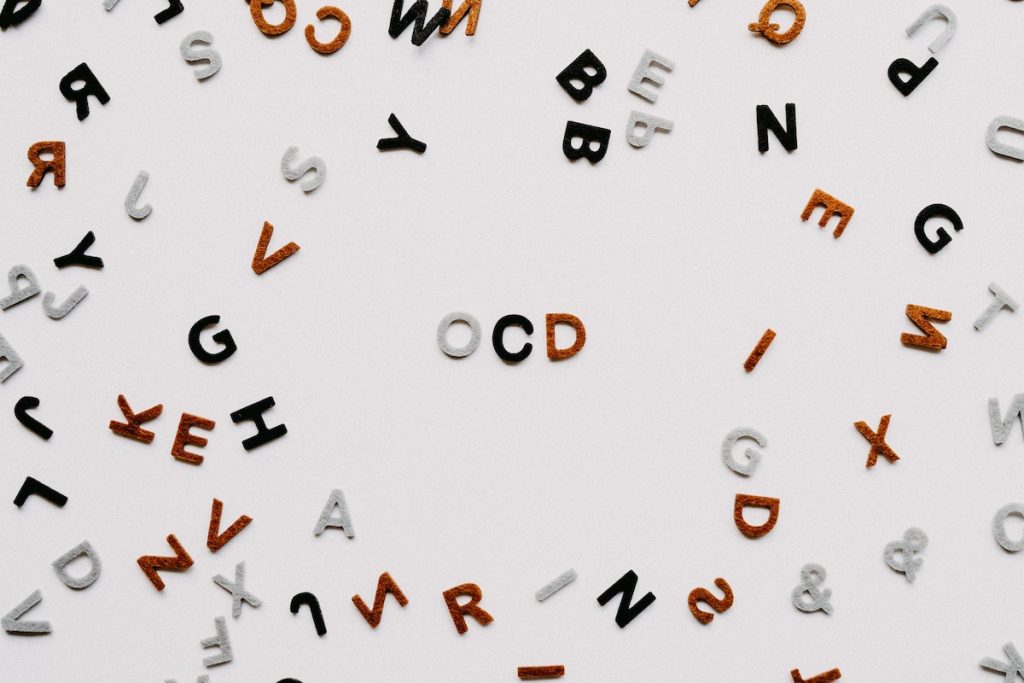Perfectionism and Obsessive-Compulsive Disorder (OCD) are two terms often used interchangeably, but they represent distinct psychological phenomena. While they share certain common features, it is essential to understand the key differences between them to ensure appropriate recognition and treatment. This blog post will look at how to differentiate perfectionism from OCD, shedding light on the characteristics and causes of each.
Obsessive-Compulsive Disorder (OCD)
Obsessive-Compulsive Disorder is a mental disorder characterized by intrusive, repetitive thoughts (obsessions) and behaviors that are aimed at reducing distress or preventing perceived harm. People with OCD often feel compelled to engage in these rituals, even if they recognize that they are irrational or excessive. Common obsessions include fears of contamination, harm coming to loved ones, or the need for symmetry and order. It is important to seek OCD treatment if you exhibit one more of these obsessions.
The key distinction between perfectionism and OCD lies in the nature and purpose of the behaviors. While perfectionism revolves around achieving high standards and excellence, OCD rituals are driven by the need to alleviate anxiety caused by intrusive thoughts. In essence, OCD is an anxiety disorder, whereas perfectionism is primarily a personality trait or a mindset.
Understanding Perfectionism
Perfectionism, on the other hand, is a personality trait or characteristic that drives individuals to set exceptionally high standards for themselves and others. Those with perfectionist tendencies often pursue flawlessness, meticulously working on every detail in their work, relationships, or personal lives. These individuals are driven by the pursuit of excellence and success, and while they may become frustrated when their expectations aren’t met, their distress typically stems from the gap between their standards and reality.
Signs of Perfectionism include setting unrealistically high standards, frequent feelings of frustration and dissatisfaction, a focus on the result rather than the process, a fear of failure and criticism, and also a drive to please others or seek approval. If you exhibit these signs or symptoms, it’s time to seek professional help to have the condition addressed.
Distinguishing Perfectionism and OCD
One of the distinguishing factors between perfectionism and OCD is motivation. Perfectionism is typically driven by a desire for achievement and success, whereas OCD behaviors are motivated by anxiety and the need to alleviate distress. Someone with OCD may wash their hands repeatedly not because they want perfectly clean hands but because they fear contamination.
Apart from motivation, another distinguishing aspect is flexibility. Perfectionism often allows for flexibility and adaptation to changing circumstances. In contrast, OCD rituals are rigid and must be performed in a specific way to alleviate anxiety.
Another distinguishing factor between the two is the impact they have on daily life. Perfectionism, while potentially disruptive, generally doesn’t significantly impair daily functioning. This means a person can go about their business without hindrance due to perfectionism. On the other hand, OCD can be highly debilitating, affecting relationships, work, and overall quality of life.
Bottom Line
Perfectionism is a personality trait characterized by high standards and a desire for success, while OCD is a clinical mental health condition marked by intrusive thoughts and compulsive behaviors driven by anxiety. Recognizing these differences is crucial for providing appropriate support and intervention for individuals struggling with either perfectionism or OCD.

